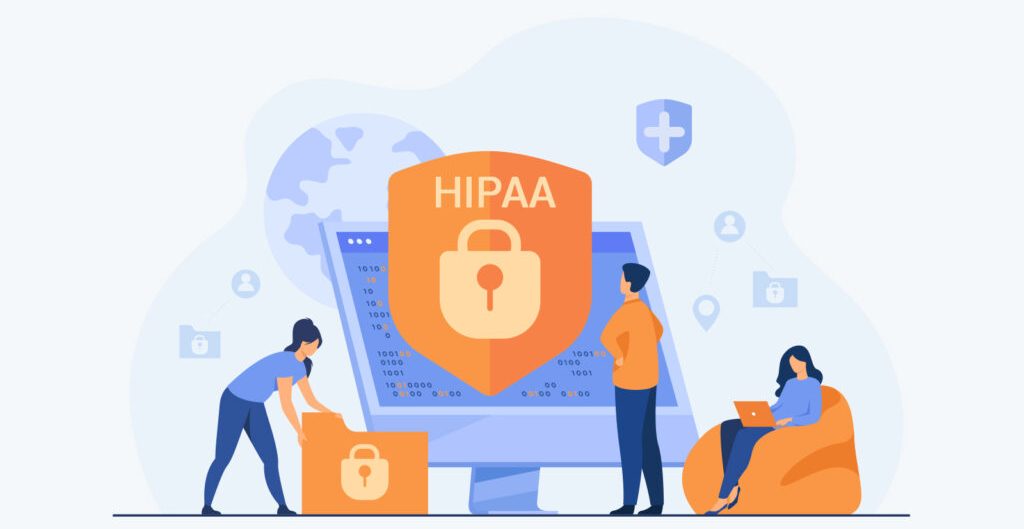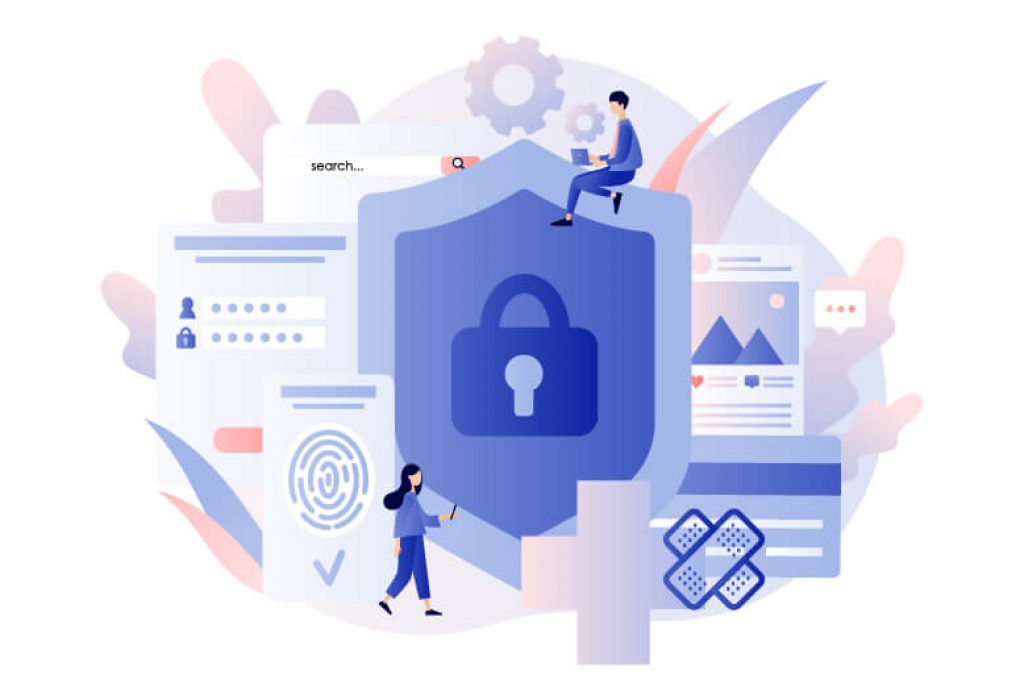
If your organization is HIPAA compliant, you and your employees must meet the HIPAA password requirements. All security experts emphasized the need for login credentials to use a strong password. However, there are some disagreements about the best format and policy. Whereas some experts advise changing passwords every sixty or ninety days, others consider it to be a waste of time.
Nowadays, there are many password management tools for better protection. They enable to generate long, complex, and difficult-to-crack passwords. Users do not have to remember their passwords due to auto-filling login credentials while visiting a website. Despite the fact, experienced hackers can crack even most user-generated passwords within ten minutes, experts claim that a password management tool is the best safeguarding way to stay protected.
HIPAA Requirements for Cybersecurity
Under the HIPAA Security Rule, there are three main categories of HIPAA standards: administrative, technical, and physical. These standards are absolutely mandatory for protecting your organization from data breaches and avoidance of HIPAA violation fines. Administrative standards require the authorization of access to PHI, employee training, and password management. Technical security standards address safeguards that must be in place to protect infrastructure that can access, handle, or store electronically protected health information (ePHI). It includes having anti-virus software, data encryption, and firewalls. According to physical standards, you must have locks on doors, place screen protectors on computers, and ensure that papers containing protected health information (PHI) are not publicly viewable.
The HIPAA Security Rule regulates password policy under the Administrative provisions. Health care professionals have no guidance to implement HIPAA-compliant passwords, but 45 CFR § 164.308. This vague regulation states that HIPAA-beholden organizations must have “Procedures for creating, changing, and safeguarding passwords.”
Two Factor Authentication Boosts Protection
Users can make accounts more secure with the help of two-factor authentication. It involves using more than one factor for user verification. Therefore, you enter a username and password and then go through a further authentication stage in which you would enter a one-time code or PIN sent to your mobile device. In case of a phishing attack, the username and password alone are not enough to allow unauthorized access to an account. It is definitely one of the best methods of protecting ePHI against cyber-attacks.
On the other hand, two-factor authentication may slow workflows. It is better to use 2FA solutions with allowing LDAP integration and single sign-on between two different systems. They will eliminate the negative impact on workflows as well as greatly improve security. There is less need for regular password changes.

Let`s Create Your HIPAA Compliant Password Together
So, HIPAA regulations are quite vague in some respects in order to allow flexibility for organizations of different sizes and means. Their cornerstone is a demonstration of “good faith effort”. Adhering to HIPAA password requirements is an essential practice for organizations of any size.
Although there are no HIPAA specifics about passwords, another federal regulatory body has released password guidance. National Institute of Standards and Technology (NIST) makes password policy templates useful to have your data protected. This guidance highlights industry best practices for organizations of all kinds.
To create your strong-secured password, you should keep in mind the following rules:
- Create memorable passwords, but avoid password hints;
- Use a minimum of 8(up to 64) characters;
- Mix upper- and lower-case letters, numbers, and special characters;
- Block the use of single dictionary words, commonly used weak passwords;
- Enable multi-factor authentication.
Moreover, leads have better educate employees on good password hygiene such as changing default passwords, not sharing passwords, and not reusing passwords for different accounts. A password manager can enforce strong password policies, store login credentials securely, and prevent the same password from being used for multiple accounts. Alternatively, organizations can allow the use of long passphrases to eliminate the issue of remembering complex passwords without compromising security.
Wrapping Up
Passwords are just one element of HIPAA security requirements, but they are still very important for data protection. If your organization deals with covered entities, you need to meet the requirements of the HIPAA Security Rule. Read our blog and be aware of the best cybersecurity practices.







